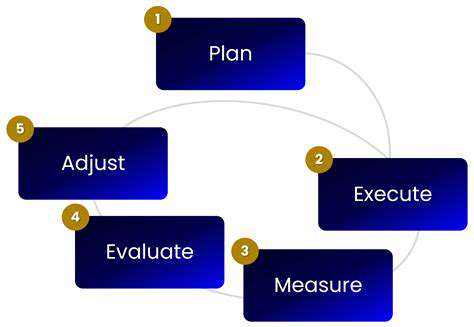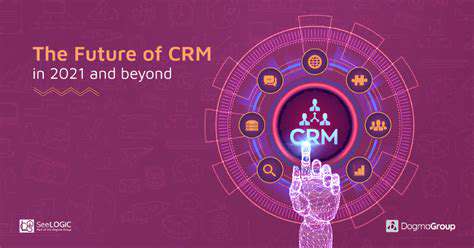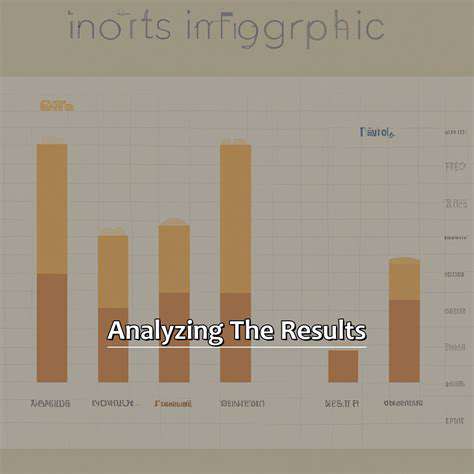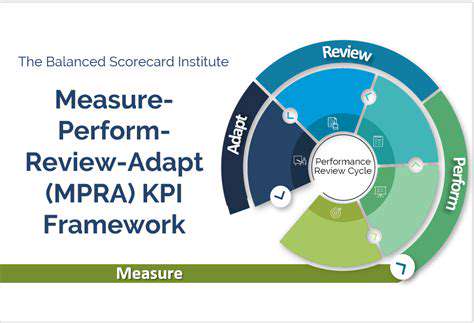Building a Privacy Centric Marketing Strategy
Defining Privacy-Centric Marketing Principles
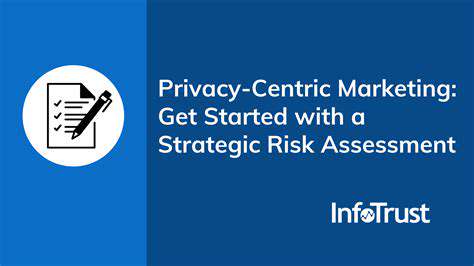
Understanding the Core Principles
Privacy-centric marketing acknowledges and respects consumer data rights, placing the individual's control and preferences at the forefront of the marketing process. It's a fundamental shift from traditional approaches that often prioritize data collection for broad targeting and personalization. This approach emphasizes transparency and consent, allowing individuals to actively manage how their data is used. Understanding the nuances of different data privacy regulations, such as GDPR and CCPA, is critical for any company aiming to implement privacy-centric strategies. This is more than just a trend; it's a crucial ethical and legal consideration for organizations operating in today's digital environment.
A privacy-centric approach fosters trust and strengthens brand loyalty. Consumers are increasingly aware of how their data is collected and used, and they expect brands to handle it responsibly. By prioritizing privacy, businesses can build a strong foundation of trust with their customers, leading to increased customer satisfaction and long-term loyalty. This kind of relationship is built on respect and transparency, not exploitation.
Implementing Privacy-Centric Strategies
Implementing privacy-centric strategies requires a multifaceted approach that goes beyond simply complying with regulations. Businesses need to integrate privacy considerations into every aspect of their marketing operations, from data collection and storage to data analysis and customer communication. This includes developing clear and concise privacy policies, obtaining explicit consent for data use, and providing customers with control over their data.
Transparency is paramount in this approach. Companies must be upfront about what data they collect, how it is used, and with whom it is shared. Providing easily accessible and understandable privacy policies is vital for building trust. Open communication about data practices fosters a sense of security and control for customers.
Another crucial element is providing users with clear choices regarding their data. Giving consumers control over their data, including the ability to opt-out or opt-in to specific data collection practices, is essential. This empowers individuals and allows them to align their data usage with their personal preferences.
Finally, continuous monitoring and evaluation of data privacy practices are essential. Businesses need to stay informed about evolving regulations and adapt their strategies accordingly. Regular reviews and audits help ensure compliance and maintain a commitment to privacy.
By consistently prioritizing privacy, businesses can cultivate a positive relationship with their customers and build a reputation for ethical and responsible data handling. This is not just about avoiding penalties; it's about building a sustainable and trustworthy business model.
Empowering Customers with Control over Their Data
Data Ownership and Control
A privacy-centric market thrives on empowering consumers with meaningful control over their personal data. This means providing them with clear and concise information about how their data is being collected, used, and shared. Transparency is paramount, ensuring customers understand the specific purposes for data collection and have the ability to access, correct, and delete their information as needed. This fosters trust and confidence, crucial elements for a thriving marketplace.
Beyond simply providing access, enabling customers to actively manage their data through features like data portability and consent mechanisms is vital. This allows individuals to choose what data is shared, with whom, and for what purposes, promoting a sense of agency and ownership over their personal information. This level of control is essential for building a market where customers feel safe and protected, ultimately driving greater engagement and loyalty.
Data Security and Protection
Robust data security measures are fundamental to any privacy-centric market. Implementing strong encryption protocols, multi-factor authentication, and regular security audits are crucial for safeguarding sensitive customer data from unauthorized access, use, or disclosure. Protecting customer data from breaches and cyber threats builds trust and ensures that personal information remains confidential. This proactive approach to security is critical for maintaining customer confidence and preventing reputational damage.
Furthermore, clear data breach response plans are essential. These plans should detail procedures for identifying, containing, and mitigating the impact of security incidents. Transparency in communicating breaches to customers is also vital. A swift and transparent response demonstrates a commitment to data security and helps maintain the trust of customers.
Transparency and Consent
Transparency and informed consent are cornerstones of a privacy-centric market. Businesses must clearly communicate their data collection practices, outlining the specific purposes for collecting data and how that data will be used. This includes being upfront about how data is shared with third parties, ensuring customers are fully aware of the implications of their data being used in various ways. Without this transparency, customers are unable to make informed decisions about sharing their data.
Individual Data Rights
Respecting and upholding individual data rights is crucial in a privacy-centric market. This includes granting customers the right to access, correct, and delete their personal data. Providing mechanisms for exercising these rights in a simple and user-friendly manner is essential. It also means enabling customers to easily withdraw their consent for data processing if desired. These rights empower individuals and promote a marketplace where data is treated with respect and consideration.
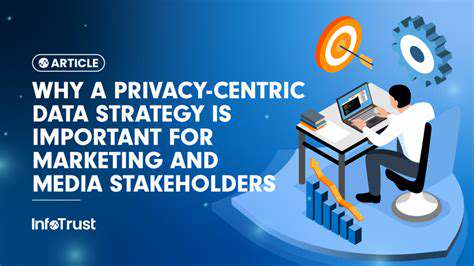
Read more about Building a Privacy Centric Marketing Strategy
Hot Recommendations
- Personalizing Email Content with User Behavior
- Geofencing for Event Attendance Tracking
- Reputation Management on Social Media
- UGC Beyond Photos: Videos, Testimonials, and More
- The Future of Data Privacy Regulations
- Accelerated Mobile Pages (AMP) Benefits and Implementation
- The Future of CRM: AI and Voice Integration
- Google Ads Smart Bidding Strategies: Maximize Value
- Common A/B Testing Pitfalls to Avoid
- Local SEO Strategies for Small Businesses
